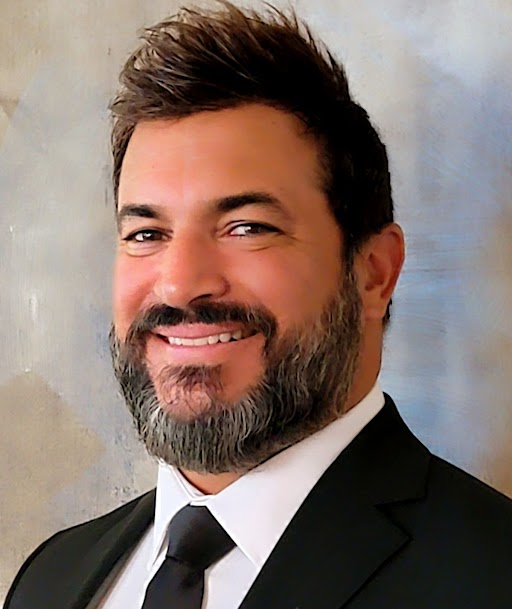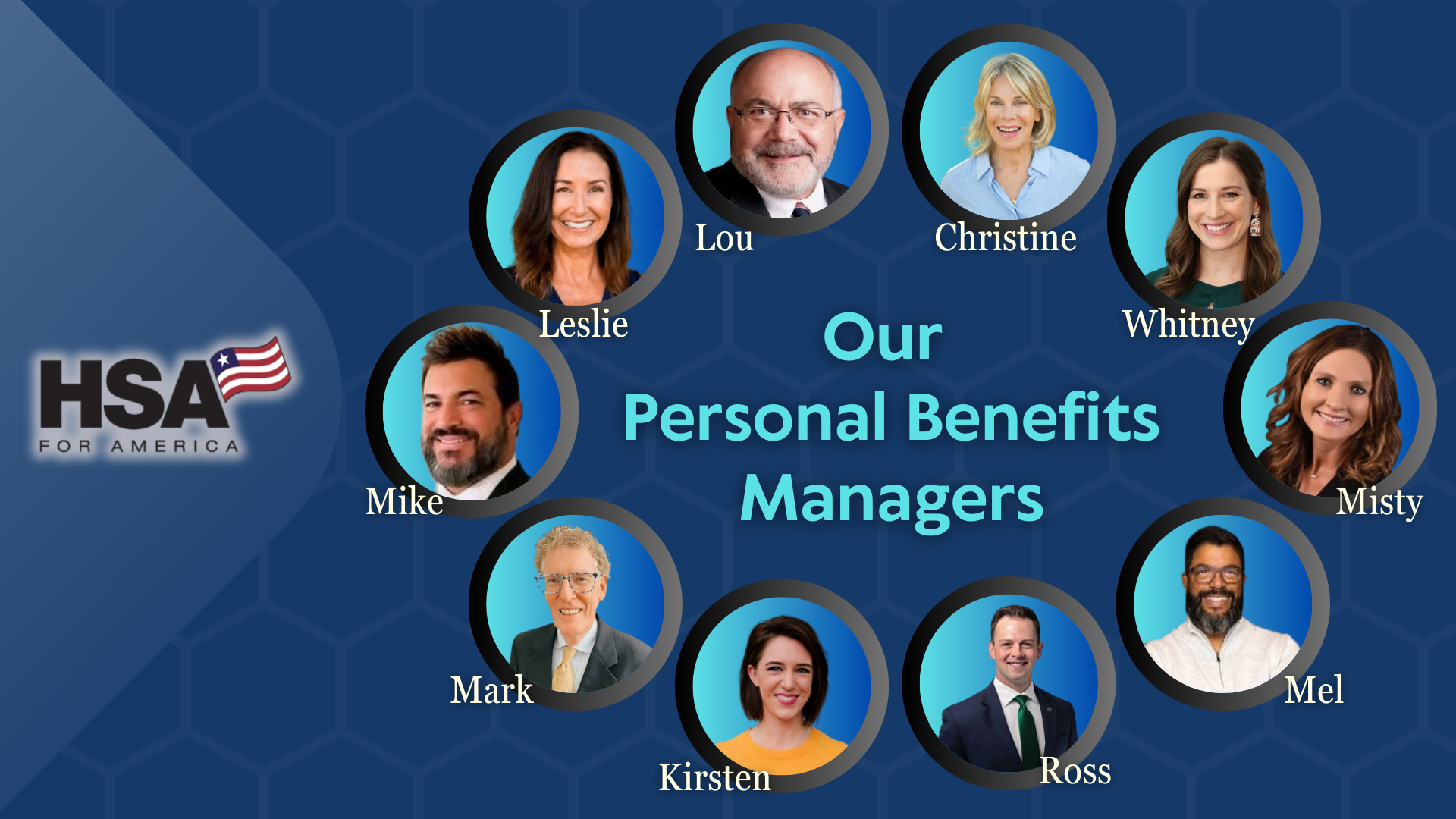If you self-fund or are considering self-funding your insurance plan, stop loss insurance is a crucial tool to limit your risk, and ensure your company’s benefits program is sustainable.

Many employers would like to stop paying premiums to insurance companies if they could, and simply fund their own group health insurance plans directly. But they’re concerned about the risk: What if a few sick employees have an inordinate amount of claims? Would that jeopardize the whole plan?
This is a significant risk, to be sure. But it’s one easily solved with stop loss insurance.
This article explains what stop loss insurance is, how it works, and why combining self-funded health plans with innovative strategies like health sharing plans can help employers save money while offering employees better choices.
What Is Stop Loss Insurance?
Stop loss insurance protects employers who self-fund their employee health insurance plans from catastrophic claims and unexpected healthcare costs.
While self-funded plans give employers flexibility and cost control, they also expose them to financial risk if an employee’s medical expenses are exceptionally high.
Stop loss insurance acts as a financial safety net by capping the amount an employer must pay for claims. Once claims exceed a certain threshold, the stop loss insurance policy covers the remaining costs, protecting the company’s budget and financial stability.
Compare Pricing on the Best Insurance Plans Available
Types of Stop Loss Insurance
There are two main types of stop loss insurance, and both are essential for self-funded health plan sponsors:
1. Specific Stop Loss Coverage
- Purpose: Protects against high claims for a single individual.
- How It Works: If an employee’s healthcare costs exceed a predetermined limit (called the specific deductible), the insurance covers the excess amount.
- Example: If your specific deductible is $50,000 and one employee incurs $200,000 in medical expenses, the stop loss policy reimburses the $150,000 above the deductible.
2. Aggregate Stop Loss Coverage
- Purpose: Limits the employer’s total liability for all claims in a plan year.
- How It Works: If total claims for all employees exceed a certain percentage of expected costs (usually 125% of projected claims), the stop loss policy reimburses the excess.
- Example: If your expected claims are $1 million and total claims reach $1.3 million, the stop loss policy covers the $300,000 over the 125% threshold.
Both types of stop loss coverage work together to shield employers from the unpredictable nature of healthcare expenses, ensuring that one costly claim or a bad claims year doesn’t disrupt your business finances.
Why Employers Need Stop Loss Insurance
Stop loss insurance is a must-have for any employer sponsoring a self-funded health plan.
Here’s why:
- Protecting Cash Flow: Catastrophic claims can drain your company’s cash reserves, and put your whole plan in jeopardy. Stop loss insurance prevents financial instability by putting a cap on your potential claims liability.
If any single employee or dependent has health claims above a certain limit you set, or if your plan as a whole has claims in excess of a certain threshold that you set, your stop loss insurance will kick in and help you pay them. - Budget Predictability: With stop loss coverage, you can more accurately predict and manage your healthcare expenses.
- Compliance with Regulations: For Applicable Large Employers (ALEs) under the Affordable Care Act (ACA), offering qualifying health insurance is mandatory to avoid shared responsibility penalties.
Stop loss insurance helps manage the financial risks of meeting this requirement ––while saving you much more money in group health insurance premiums.
Innovative Cost-Saving Strategies for Employers
While stop loss insurance protects against high-cost claims, there are additional strategies to reduce overall healthcare expenses.
One such approach involves offering employees an alternative to the traditional group health plan: A health sharing plan, combined with a Minimum Essential Coverage (MEC) plan.
How Health Sharing + MEC Saves Money
Health sharing plans are community-based programs where members share each other’s medical costs. MEC plans cover ACA-mandated preventive services, ensuring compliance.
Together, they offer an affordable and comprehensive solution for many employees. The health sharing plan takes care of large and catastrophic costs for the employee. The MEC option handles preventive care services and screenings and eliminates the need to pay shared responsibility penalties.
Offering a health share plan/MEC combo as an alternative to your self-funded health insurance plan has several benefits for your company:
- Lower Costs: The more employees who choose the health sharing + MEC option, the fewer individuals your self-funded plan needs to cover, reducing claims liability.
- Better Employee Choice: Many healthy employees prefer the health share + MEC option because it often costs less and provides better coverage for routine and major medical needs.
- Significant Savings: Employers with younger and healthier workforces can save up to 50% on healthcare costs using this strategy.
LEARN MORE: Advanced Group Health Plan Strategies for Applicable Large Employers (50 Employees and Up)
Protect Your Business and Your Employees
Self-funded health plans offer flexibility and cost control, but they come with financial risks.
Stop loss insurance provides critical protection against catastrophic claims while ensuring your plan remains viable. By combining stop loss coverage with innovative strategies like health sharing + MEC, you can lower costs, enhance employee choice, and maintain compliance with ACA requirements.
Compare Pricing on the Best HealthShare Plans Available
Moving Forward
Ready to build a cost-effective benefits program?
Contact an HSA for America Personal Benefits Manager today. Our experts will guide you through stop loss insurance options, health sharing strategies, and plan implementation. Schedule your free consultation now and take control of your healthcare costs.
For Further Reading:
Read More About Group Health Insurance Options in Your State

Hi! I’m Mike Montes, and I’m one of your Personal Benefits Managers. I like working with HSA for America because we’re creating solutions to healthcare problems. Our focus on money-saving alternatives like HSA plans and health sharing programs, and the variety of health share programs we offer, are what set us apart. Read more about me on my Bio page.


